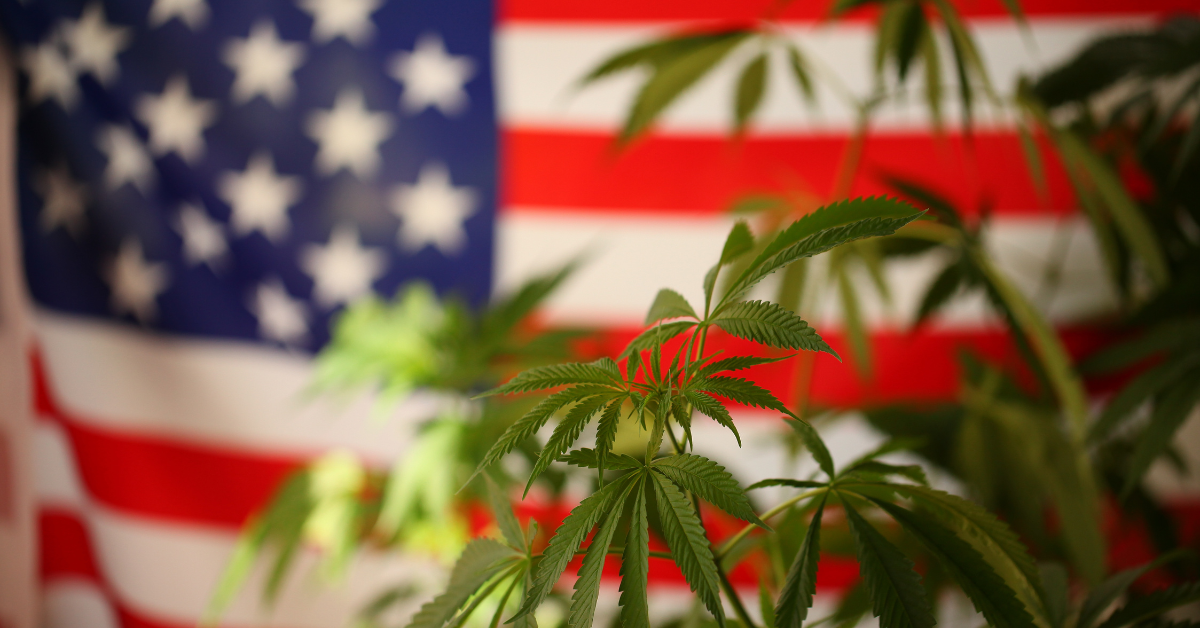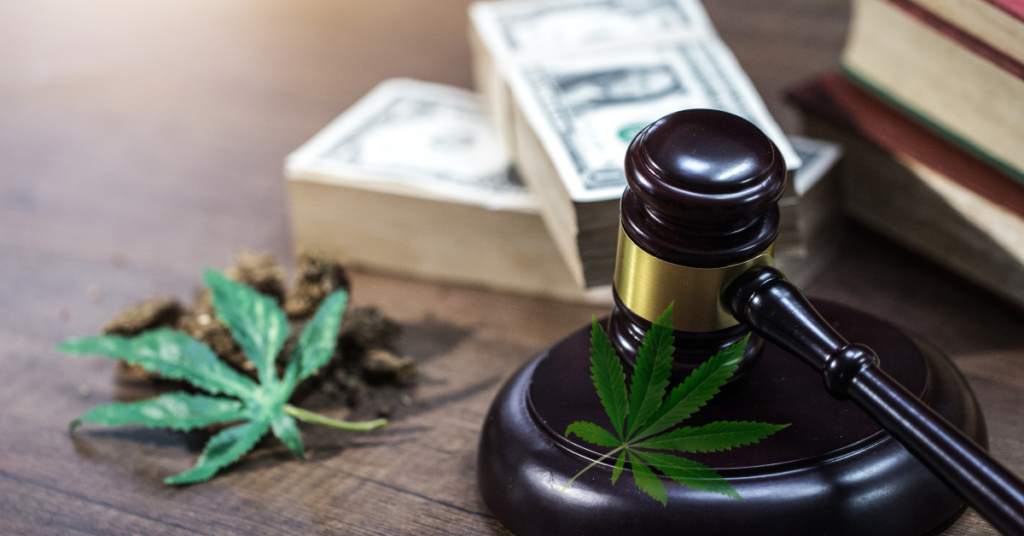As the legalization of cannabis continues to spread across the country, the cannabis industry has become a booming market.
Legal cannabis cultivation is a lucrative business, but it also comes with challenges and regulations.
Legal cannabis cultivation refers to the process of growing cannabis for commercial purposes in a jurisdiction where it is legal.
This includes cultivating, harvesting, and processing cannabis plants into various products such as flour, edibles, and concentrates.
Table of Contents
The Current State of Legal Cannabis Cultivation

Currently, cannabis is legal for medical use in 36 states and recreational use in 15 states, including Washington, D.C.
The cannabis industry is projected to reach $73.6 billion by 2027, according to a report by Grand View Research.
As the industry continues to grow, so does the regulatory framework for legal cannabis cultivation.
Federal laws still classify cannabis as a Schedule I controlled substance, meaning it is illegal under federal law. However, individual states have passed their own laws legalizing cannabis, which has created a patchwork of regulations across the country.
Understanding Cannabis Cultivation Regulations and Compliance
To operate a legal cannabis cultivation business, it is essential to understand your state’s regulations and compliance requirements.
These regulations may include licensing, security, and testing requirements for cannabis products.
- One of the most important regulations to understand is the seed-to-sale tracking system. This system tracks the movement of cannabis plants and products from the moment they are planted until they are sold to consumers.
This helps ensure that all cannabis products are properly tested, labeled, and packaged according to state regulations.
- Obtaining Necessary Licenses and Permits for Legal Cannabis Cultivation
To operate a legal cannabis cultivation business, you must obtain the necessary licenses and permits from your state.
The requirements for these licenses and permits vary by state but may include background checks, fingerprinting, and financial disclosures.
- In addition to state licenses and permits, you may also need to obtain local permits and approvals for your cannabis cultivation facility.
This may include zoning permits, building permits, and fire safety inspections.
Choosing the Right Location for Your Cannabis Cultivation Business
When choosing a location for your cannabis cultivation business, several factors must be considered.
First and foremost, you must ensure that your location complies with state and local regulations. This may include zoning restrictions, buffer zones, and security requirements.
You will also need to consider factors such as access to water and electricity, climate control, and transportation infrastructure. Some states may require that cannabis cultivation facilities be located in certain designated areas, such as industrial zones.
Building and Designing Your Cannabis Cultivation Facility
Building and designing a cannabis cultivation facility requires careful planning and attention to detail.
Your facility must be designed to meet state and local regulations and maximize efficiency and yield.
Critical considerations for your facility design may include lighting, irrigation, airflow, and security. You will also need to consider the types of cannabis products you plan to produce and how your facility can be optimized for their production.
Cultivating Cannabis – Best Practices for Quality and Yield
Cultivating cannabis requires knowledge, skill, and attention to detail. To maximize quality and yield, it is essential to follow best practices for cannabis cultivation.
This may include using the right nutrients and fertilizers, maintaining proper lighting and temperature, and providing adequate airflow and ventilation.
It is also essential to monitor your plants regularly for pests and diseases and to take appropriate measures to prevent their spread.
Challenges and Common Mistakes in Legal Cannabis Cultivation
Legal cannabis cultivation comes with its own set of challenges and common mistakes.
- One of the biggest challenges is staying current with constantly changing regulations and compliance requirements.
- Other common mistakes include not properly tracking inventory, not properly disposing of waste, and not correctly testing cannabis products for potency and purity.
It is essential to stay informed and work with experienced professionals to ensure your cannabis cultivation business stays compliant and profitable.
Marketing and Selling Your Legal Cannabis Products

Marketing and selling your legal cannabis products require a strategic approach. Depending on your state’s regulations, you may be limited in the types of marketing and advertising you can do for your products.
One effective approach is to build relationships with local dispensaries and other cannabis retailers. You can also leverage social media and other online channels to reach potential customers.
Financial Considerations and Profitability in Legal Cannabis Cultivation
Legal cannabis cultivation can be a highly profitable, but it also requires a significant upfront investment.
You will need to consider factors such as the cost of your facility, equipment, and supplies, as well as ongoing expenses such as labor and utilities.
Focusing on quality and efficiency in your cultivation process is essential to maximize profitability. This may include investing in automation technology, optimizing facility design, and streamlining the supply chain.
As We Part
Legal cannabis cultivation is a complex and highly regulated industry, but it can also be highly profitable.
By understanding your state’s regulations and compliance requirements, choosing the right location and facility design, and following best practices for cultivation, you can build a successful cannabis cultivation business.
It is essential to stay informed and work with experienced professionals to ensure your business stays compliant and profitable.
